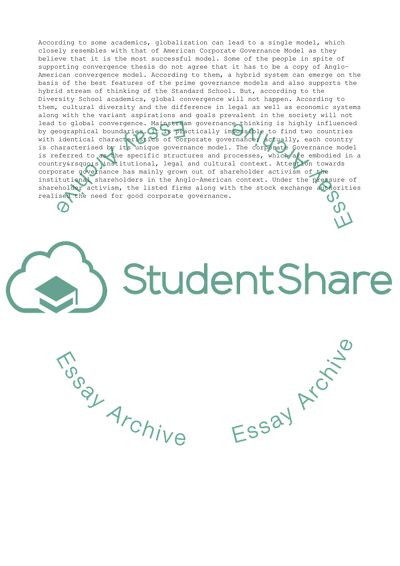Cite this document
(“The Views of the Managers in the International Organisations Regarding Research Paper”, n.d.)
The Views of the Managers in the International Organisations Regarding Research Paper. Retrieved from https://studentshare.org/business/1721378-msc-international-marketingbusiness-investigation-project
The Views of the Managers in the International Organisations Regarding Research Paper. Retrieved from https://studentshare.org/business/1721378-msc-international-marketingbusiness-investigation-project
(The Views of the Managers in the International Organisations Regarding Research Paper)
The Views of the Managers in the International Organisations Regarding Research Paper. https://studentshare.org/business/1721378-msc-international-marketingbusiness-investigation-project.
The Views of the Managers in the International Organisations Regarding Research Paper. https://studentshare.org/business/1721378-msc-international-marketingbusiness-investigation-project.
“The Views of the Managers in the International Organisations Regarding Research Paper”, n.d. https://studentshare.org/business/1721378-msc-international-marketingbusiness-investigation-project.


